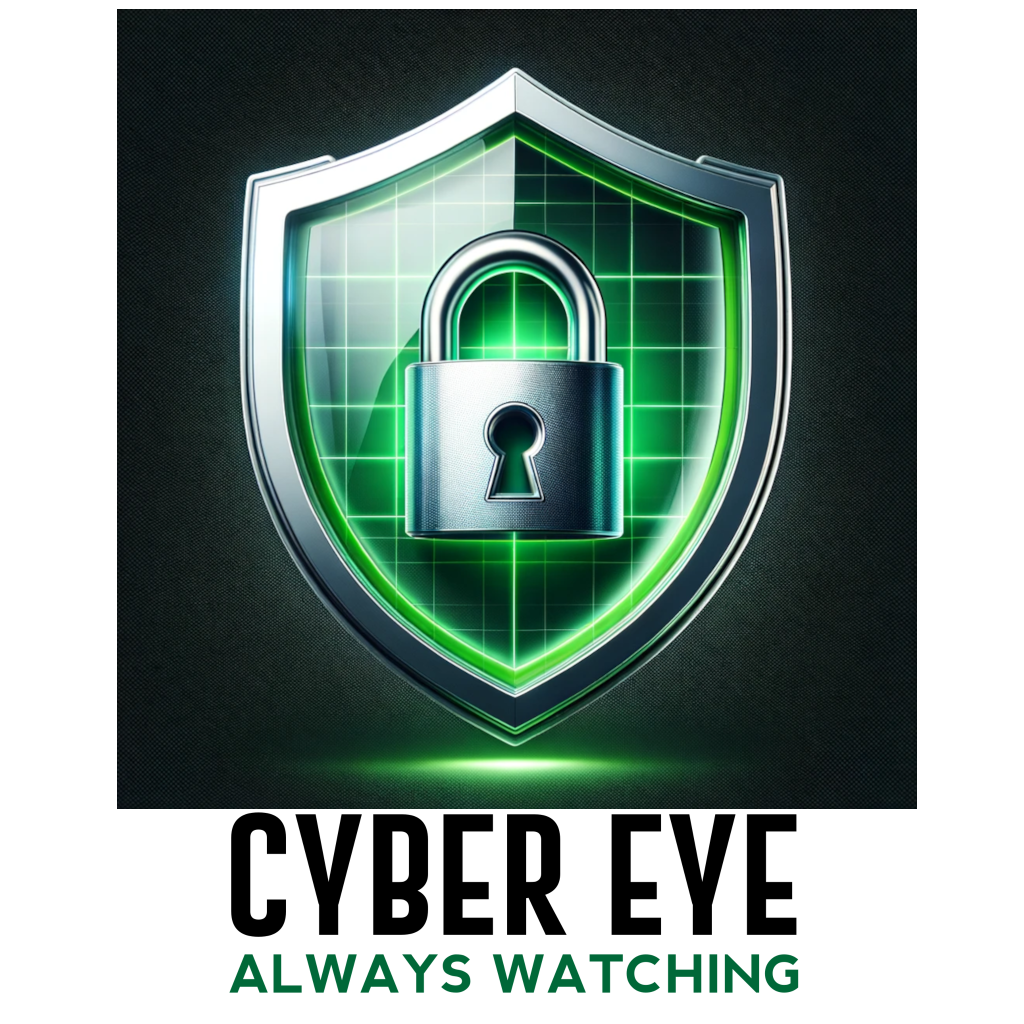Sale of the Eiffel Tower and Election Phishing

In 1925, the Eiffel Tower was in a serious state of disrepair and there were rumors that it would be dismantled. Not to let a good rumor go to waste, con artist, Victor Lustig, posed as a government official and invited several scrap metal dealers to a confidential meeting, claiming that the government wanted to sell the Eiffel Tower for scrap. Five dealers responded to his request for a meeting and one dealer, Andre Poisson, made the highest bid for the 15,000-beam structure. Two days later the deal was closed for an undisclosed amount. By the time Poisson discovered he was scammed, Lustig was in Austria.
Con men and scammers have been around for ages. In this digital age, scammers are using technology to add credibility to their scams. Through email and text messaging they can cast a broad net. It is a good day for them even if they only reel in two victims out of one hundred emails or texts. Phishing is a cybercrime in which a target or targets are contacted by email, telephone or text message by someone posing as a legitimate institution to lure individuals into providing sensitive data such as personally identifiable information, banking and credit card details, and passwords. Phishing is the number one entry point for ransomware.
Hackers use whatever topics are current or in the news to entice someone to let their guard down so the victim clicks the link or gives up critical information. As the election is less than two months away, election campaign phishing is on the rise. As I was reviewing dark web reports, I noticed an advertisement selling a phishing platform. They had templated the faux campaign donation emails and would provide the mass email platform. The dark web customer could choose to target either the Harris or Trump voters, or both. Nowadays, criminals don’t have to be technically proficient, they can outsource their evil.
These days I am receiving several text messages a day asking me to donate to or vote for a particular candidate with a link at the end of the message. From the text, it is hard to determine if the message is legitimate. If you are interested, research on the internet for the candidate’s site and learn more. If you are not interested, delete the message and mark it as junk. Whether it’s email or text, don’t click on any links.
Scammers use the same techniques whether it is a text, email, or a phone call. If you receive a phone call, be very careful if you choose to engage the caller. If there is a campaign or a charity that you are interested in supporting, thank the caller for their time and go to a known-good website for that organization. Do not give the caller any financial information like credit card or bank account numbers.
Before donating to any Political Action Committee (PAC), it is a great idea to verify that the organization is legitimate. All PACs must register and report to the Federal Election Committee (FEC). Check out this website from the FEC to verify the organization. www.fec.gov/data/reports/pac-party
What does the sale of the Eiffel Tower and an election have in common? They both have con men and scammers looking for ways to take advantage of unsuspecting victims. Just as Victor Lustig duped the scrap metal magnate, scammers are phishing to see who will take their bait.

